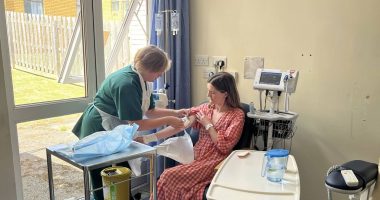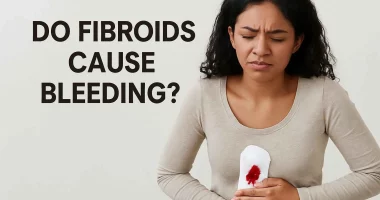Share this @internewscast.com
Discharging untested patients from hospitals to care homes during the Covid crisis was the “least worst decision”, the former health secretary Matt Hancock has told a public inquiry.
In his testimony to the UK Covid-19 inquiry on Wednesday, Hancock defended the decision – which was later ruled illegal in a high court judgment – to move hospital patients into care homes during the early weeks of the pandemic to free up space.
“Nobody has yet provided me with an alternative that was available at the time that would have saved more lives,” he said. “I still can’t see a decision that would have been less bad. None of the options were good. It was the least worst decision that could have been taken at the time. While I wish there had been a better option, I still can’t find one.
“The likelihood of things being worse if people had stayed in hospital was very high.”
Nicola Brook, a solicitor representing more than 7,000 people from Covid-19 Bereaved Families for Justice UK, said Hancock’s words were “an insult to the memory of each and every person who died”.
“He knew at the time that many care homes did not have the ability to isolate the people who would be discharged from hospital and that Covid was airborne,” she said. “It’s frankly ridiculous and insulting that he says they tried to throw a protective ring around care homes when his department’s policies caused Covid to spread like wildfire amongst society’s most vulnerable loved ones.”
Hancock said the discharge policy was “formally a government decision” but that it was “driven” by the then NHS chief executive, Simon Stevens. He also said that while he had not taken the decision himself, he took responsibility for it.
Brook said: “Mr Hancock claims the decision to discharge people into care homes was driven by Simon Stevens, the chief executive of the NHS, yet the inquiry is not calling him. We call for this decision to be urgently reviewed.”
Hancock was giving evidence as part of the sixth module of the inquiry, focusing specifically on the care sector.
Earlier this week, it was heard that a senior civil servant said there had been a “generational slaughter within care homes” in written evidence to the inquiry.
Almost 46,000 care home residents died with Covid in England and Wales between March 2020 and January 2022, many of them in the early weeks of the pandemic.
The decision to rapidly discharge hospital patients to care homes in order to free up beds, when testing and isolation facilities were not yet widely available, has been strongly criticised for causing rapid spread of the disease in care homes.
In 2022, the high court said the policy not to isolate discharged hospital patients in the first weeks of the pandemic without testing was “irrational”.
On Tuesday, a care home owner and manager giving evidence said she had refused to allow untested hospital patients into her nursing home, and was told she would be reported to the care inspectorate for bed blocking.
Hancock said that isolation of discharged patients had not been clinically recommended at the time, but “in hindsight” it should have been.
When questioned about whether there had been enough staff to care for the discharged patients, amid evidence of a widespread shortage of carers, Hancock said: “We knew that people would do what they needed to do.”
He has also been heavily criticised for his claims that a “protective ring” had been placed around care homes, previously admitting to the inquiry that it was not an “unbroken circle”.
The care sector module of the inquiry is expected to run until the end of July.

















